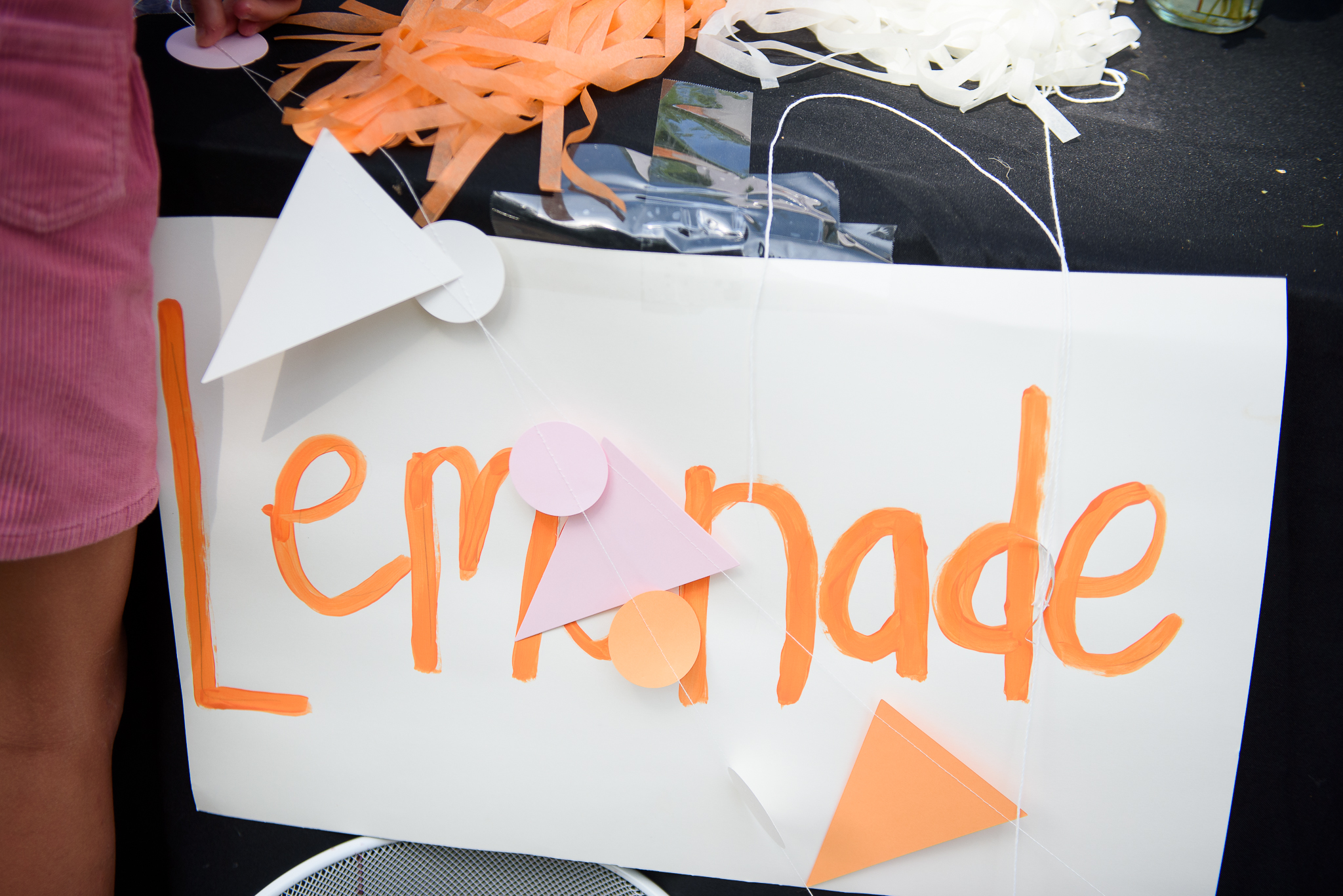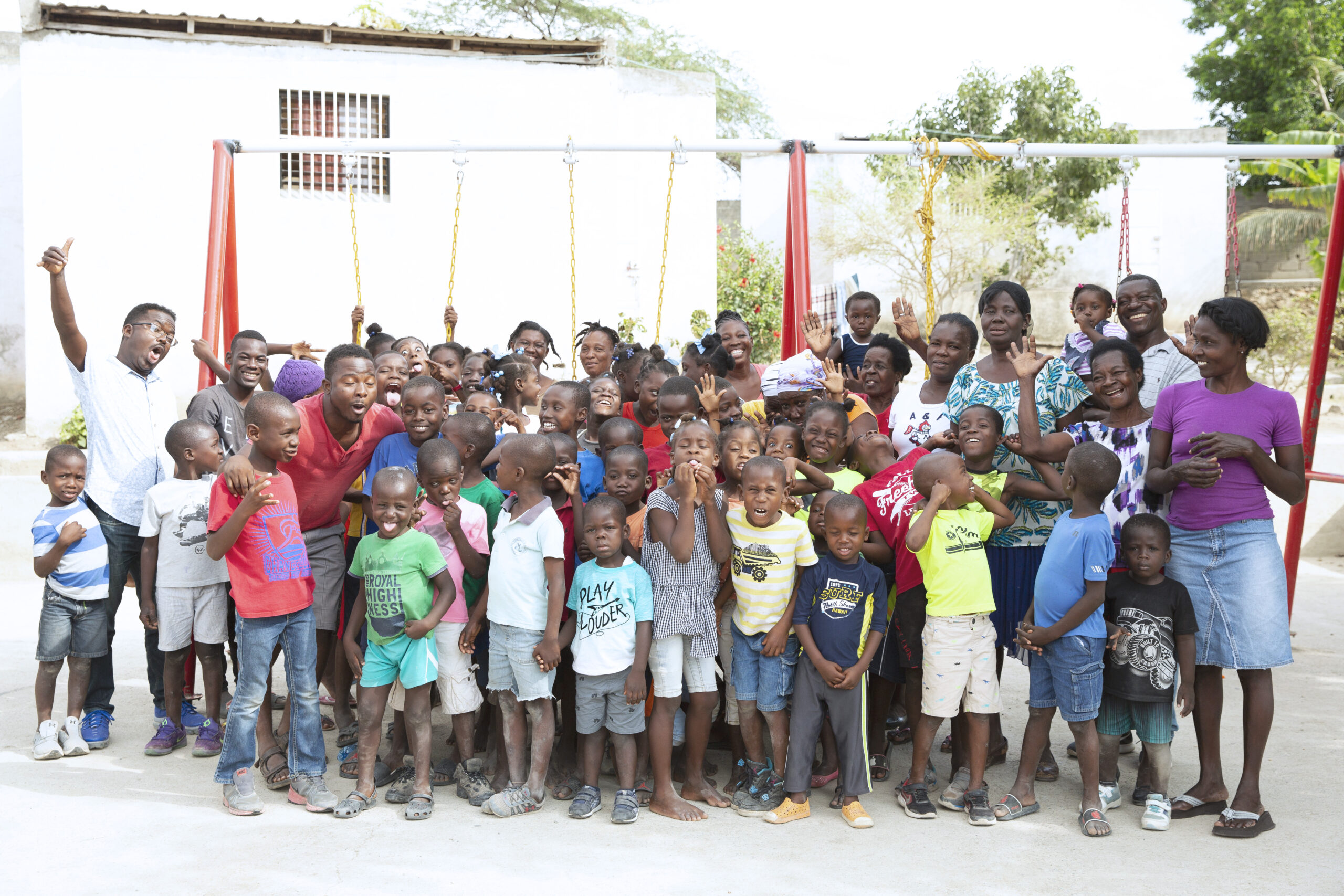Welcome to Simple Summer—a season of fun, purpose, and doing good together as a family! Over the next few weeks, we’ll be sharing creative ideas, simple projects, and meaningful activities that invite your whole crew to make a difference in the world. But before we dive into the tutorials and hands-on fun, we wanted to start with something foundational: why it’s so important to share a lifestyle of generosity with your kids, and how you can weave that mindset into your everyday life.
From small conversations, to simple acts of kindness, there are so many ways to model compassion and invite your children to be part of something bigger than themselves. Let’s kick things off by exploring how generosity can become a natural (and joyful!) part of your family’s rhythm.
Generosity isn’t just about giving things—it’s about seeing people, showing kindness, and recognizing our ability to make a difference. As parents and caregivers, you have the unique privilege of shaping how your children view the world and the people in it. Here’s a simple, engaging guide to help your family grow in generosity together.
Why Teach Generosity Early?
Kids are naturally curious and empathetic. When we give them opportunities to help others, we nurture those instincts. Teaching generosity helps children:
- Develop empathy
- Practice gratitude
- Build a sense of responsibility
- Understand community and global needs
Make Giving a Family Affair
Generosity becomes most powerful when it’s shared—and your kids will learn the most not just from what you say, but what they see you do. If your family already gives regularly—whether through sponsorships, donations, or supporting community programs—bring your kids into that part of your life.
Let Them In On the Why
- Be honest: “We give because we believe every person deserves dignity and opportunity, just like we do.”
- Explain: “We choose to give some of what we have each month to help others. It’s a way we say, ‘We see you. We care.’”
Share the Stories
- If you sponsor a child, show your kids their photo. Pray or think about them as a family.
- If you support a community or program, read updates together and talk about what that means. “Look—this month these kids got to go to school!” or “Guess what – this mom just got to start her own business!”
Make It a Monthly Ritual. Set a reminder on the calendar: “Family Give Day”—a time each month to talk about the impact your family is having and decide how to live generously that week. When you can, pair your monthly giving with a family action: a meal to share, a visit to someone in need, or a creative fundraising idea (like a lemonade stand!).
💬 Family Conversation Starters:
- “What are some things we’re thankful for this month?”
- “How did our giving help someone last month?
And then, follow up with a discussion around how giving makes them feel, and lean into those good feelings that come from helping others.

Fun & Meaningful Ways to Practice Generosity as a Family
Throughout the summer, we’ll be sharing step-by-step tutorials on how to Practice Generosity as a Family, giving you practical tools and creative ideas to make it easy—and fun—for everyone to get involved. We’ll walk you through the “how to’s” so that even the simplest act of kindness can become a meaningful experience for your family.
But to give you a sneak peek, here are just a few of the ideas we’ll be diving into over the coming weeks:
1. Host a Lemonade Stand for a Cause
- How it helps: Teaches kids to plan ahead, work, serve others, and give from their earnings.
- Ideas: Donate proceeds to a Help One Now initiative that resonates with your family, such as Education, Entrepreneurship, and Community Care.
2. Organize a Garage Sale With Purpose
- How it helps: Teaches the value of letting go and giving forward.
- Conversation Starter: “What do you think it would feel like to not have toys or clothes that fit?
3. Cook a Meal From Another Culture
- How it helps: Builds cultural appreciation and sparks global thinking.
- Ideas: Pick a country, learn a recipe, and discuss what life might be like there.
- Stories: Here are some stories of the incredible people we know with in each of our partner countries:
4. Sponsor a child in another country
One of the most impactful ways your family can practice generosity this summer is by sponsoring a child together. Sponsorship is more than just a monthly gift—it’s a powerful, ongoing relationship that helps ensure a child has access to education, nutrition, and the support they need to thrive. When you sponsor a child as a family, you’re not only changing that child’s life—you’re shaping your own family’s values and worldview in the process.
Involving your kids in sponsorship can open their eyes to the needs of others in a deeply personal way.
You can read received letters together, pray for your sponsored child, learn about their culture, and even mark milestones like birthdays or school achievements. It’s a beautiful way to help your children grow in empathy and understand the ripple effect of consistent, meaningful generosity.

Simple Acts, Big Impact (Local)
Helping your child see their role in the bigger picture can be empowering. Here are a few more ideas:
- Make Care Kits: Fill bags with snacks, socks, hygiene items, and a kind note to give to people experiencing homelessness.
- Book Drives: Collect gently used books for kids in underserved communities.
- Kindness Art: Paint cheerful rocks or create cards with encouraging messages to leave in your neighborhood or deliver to senior centers.
Keep It Going: Habits of Generosity
- Model It – Let your kids see you giving, sharing, and speaking respectfully about others.
- Celebrate It – Affirm kind and generous choices with praise and encouragement.
- Reflect Together – Ask at dinner: “What’s one way we helped someone today?”
Generosity Is a Way of Life
When kids understand that everyone—no matter where they live or what they have—is worthy of dignity, love, and opportunity, it shapes their worldview. It teaches them that generosity isn’t about guilt or pity; it’s about justice, kindness, and connection.
You don’t have to change the world overnight—just start with one generous act at a time.

